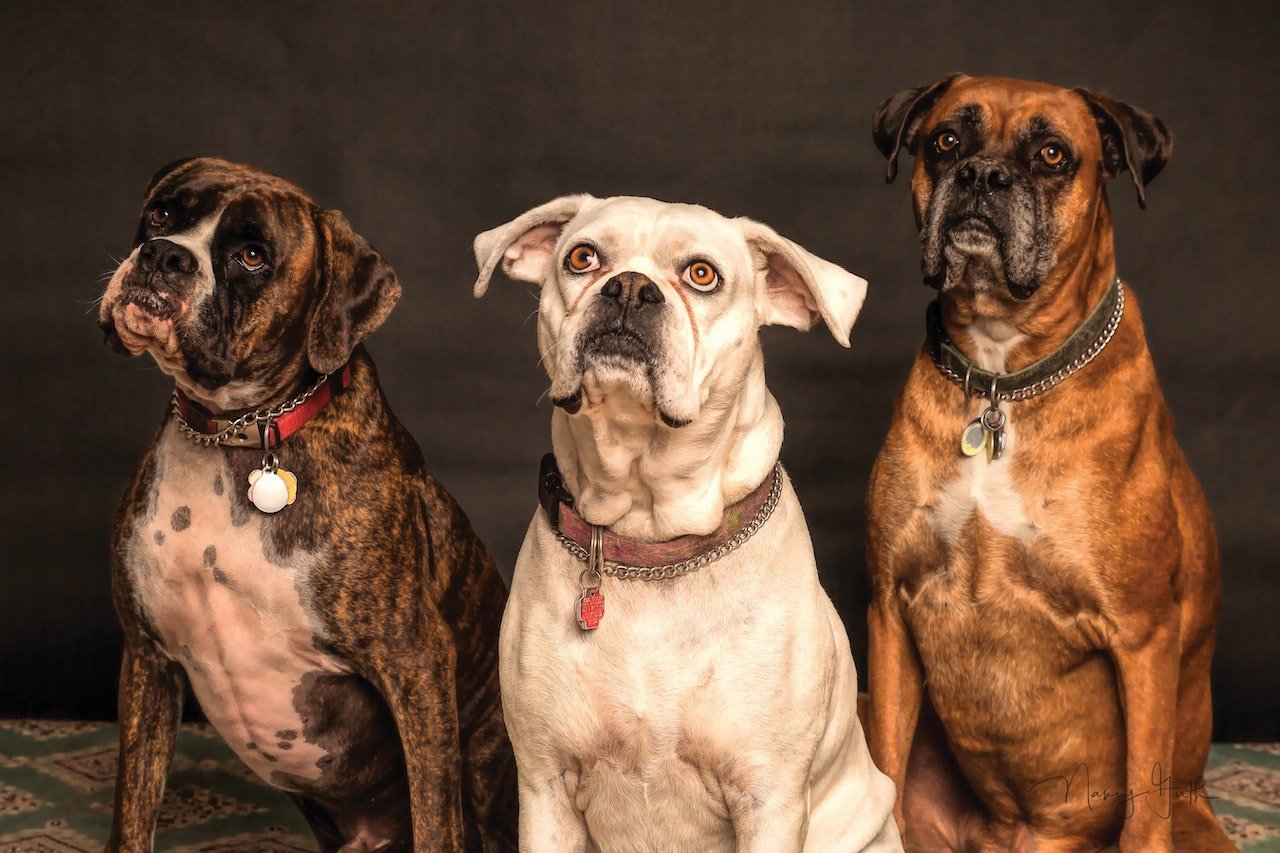As a responsible dog owner, you have to clean up after your dog. But many years ago, picking up after dogs was a form of business opportunity.
Nowadays, dog owners pick up dog poop because of fear of punishment (in some countries there are huge fees if you do not do it).
And when you think about it, dog poop and money have been related for years. Today, we will talk about the weird history of dog poop and how it was used during the Victorian era in Britain.
Making a living out of it
Back in Victorian Britain, there was a job title called “pure finder”. The name is ironic, since workers didn’t find anything pure. In fact, they found something opposite.
The job of a pure finder was to collect dog turds littering the streets of 18th and 19th-century Britain. Why so many people performed this weird job?
![]()
Well, the answer is money. It paid well. Pure finding wasn’t a popular job. But the urban poor had literally no other job to do.
So, they could make some money by collecting dog poop. The ingredient was in high demand because tanners used it in making leather for bookbinding.
At the end of the day, living is a living.
The Secret Ingredient
As we said, there was a time when Londoners would scour the streets of the capital looking for dog poop. It was then taken to Bermondsey, a leather tanning district.
There, tanners would paid good money for the smelly package. Why? Because tanners would agitate the soaking pits with their feet.
![]()
The poop was used in leather tanning process. This involved either drenching (soaking) animal hides in a liquor of dog dung and water. Or, the other process was masterings, where a confit of dog dung and vegetable matter was laid by hand onto the animal hide. Lovely, right?
At the time, words like pure, puer, or pewer were used to describe dog poop.
Because the demand for dog poop in tanning was so high, the streets of the towns with tanners were basically free from poop.
You can say it was the perfect way to keep the streets clean.
Eventually, dog poop was replaced by more efficient chemicals during the industrial revolution. For example, chromium compounds.
And the result was disgusting to say the least. Combine the increase of population and dogs, and no incentive to collect dog poop, and the turds returned to the street.
So, history says that long before the days of modern manufacturing with chemicals and clean environs, tanneries had a powerful smell that they could locate outside of the town. People in London knew poop was important part of the tanning process, so they went and collected it.
And if you thought that the tanning process was clean before the industrial revolution, think again. Skins arrived at a tannery bloody and wet with whatever animal remains still clung to them. They were then soaked in water for cleaning. Then, urine would make them pliable enough that the hair could be removed with knives.
And then came the poop. British writer and librarian, Julian Walker, discussed the subject in one of his articles, “More Poo, And Some Words on Tanning”. He stated that poop was not used before the second half of the 18th century, and then up to the middle of the 20th century.
Solving the dog poop problem
The United States of America has 83 million pet dogs that produce more than 10t of poop every year. Studies show that between 20% and 30% of bacteria in urban watersheds is due to dog waste.
![]()
This begs the question. Can we solve modern problem of dog poop on the streets by turning to an old method?
Well, there are examples in the world were companies try to give people incentive to collect dog poop. In most European countries, not picking up dog poop results in a fine. In the United States, you might pay up to $500 in California, between $150 and $2,000 in Washington area, or between $100 and $500 in the Texas area. The pooper scooper law is very much real and it will cost you.
Speaking of examples of how to solve the poop problem, let’s go to Mexico. There, Terra, a telecommunications company in Mexico City, installed bins across the parks. In these bins, people could put poop in exchange for free Internet service.
It is a win-win for everyone. The company gets free PR, the city gets tidier parks, and dog owners get free Wi-Fi.



